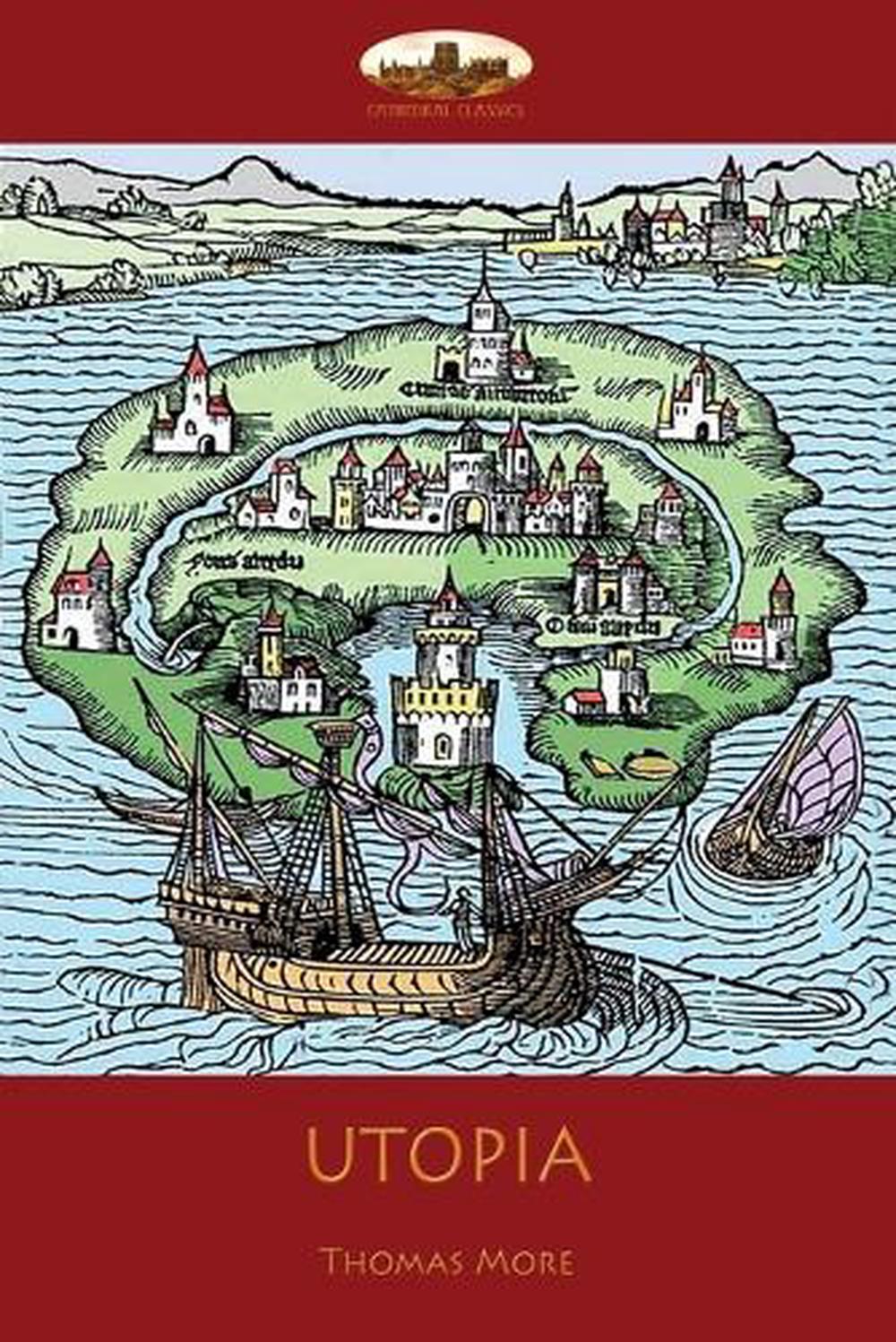This is the second post in a series on St. Thomas More’s Utopia.
You can find the first post here.
In
trying to understand Utopia I felt I
needed to understand Thomas More’s life, and so I put together a time line of
his life in bullet form. I could not
find such a timeline on the internet. Various
sites, such as Wikipedia, summarize his life, but none of the websites seemed
to include everything. I don’t think
anyone site I came across was truly comprehensive. This is not comprehensive either. I left some more minor details out in an
effort to not create clutter. These are
what I see as the major details of his life, and below it I add More’s major
literary works in a time line. Between
these two timelines, I think we can put Utopia
into his biographical perspective. More
on that below.
Thomas More Timeline
1478 Born in London to
Sir John and Agnes More
1490 Placed under
tutelage of Cardinal John Morton
1492 Oxford to study law
1494 Admitted to Lincoln
Inn Law Society
1496 Enters Law School
1501 Admitted to Bar as
“Utter Barister”
1503 Falls into King
Henry VII’s disfavor
1504 First entered
Parliament
1504 Marries Joan Colt,
who bears him four children
1509 King Henry VII dies
1509 Rises to prominence
as a lawyer
1509 Represented London
merchants in Antwerp
1510-8 Served as Under
Sheriff of London
1511 Wife Joan dies in
childbirth
1514 Becomes Master of
Regants
1515 Appointed to
delegation to revise Anglo-Flemish commercial treaty
1517 Resolves Evil Day
Mob riot in London
1518 Resigns from City
government to work for King Henry VIII
1521 Knighted
1521 Made Under-Treasurer
of Exchequer
1523 Becomes Speaker of
the House of Commons
1525 Becomes Chancellor
of the Duchy of Lancaster
1529 Becomes Lord
Chancellor
1532 Resigns Lord
Chancellor
1535 Executed
Major Literary Works:
1513-18 History of Richard III
1516 Utopia (Latin)
1523 Response to Luther
1528 Dialogue Concerning Heresies
1529 Supplication of Souls
1531 Confutation of Tyndale



No comments:
Post a Comment